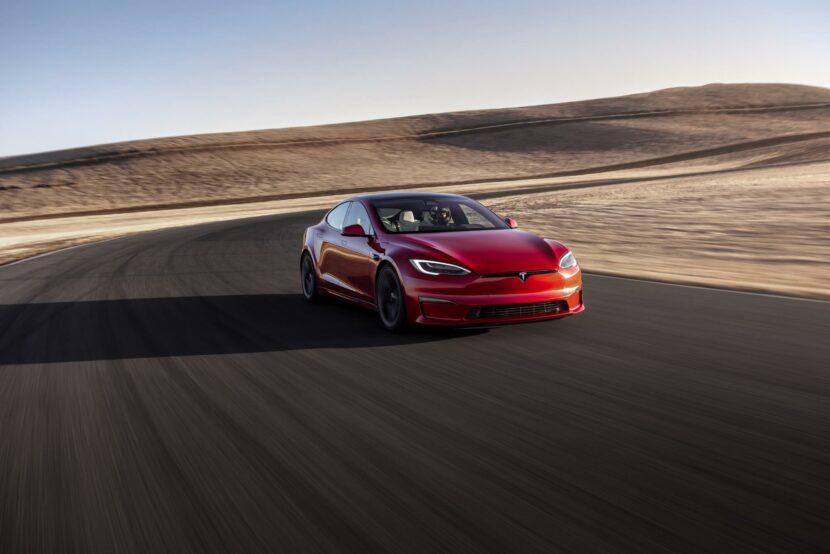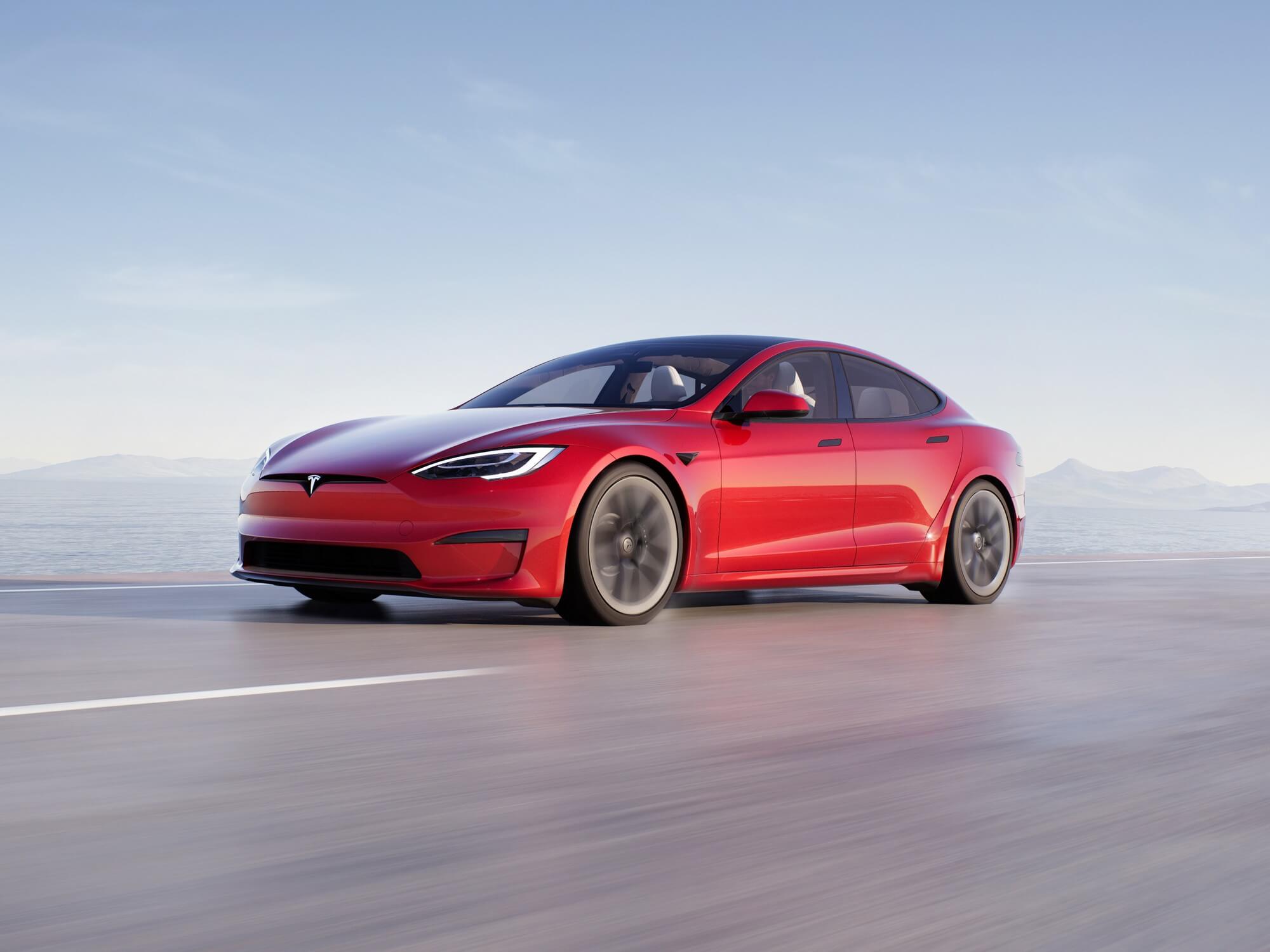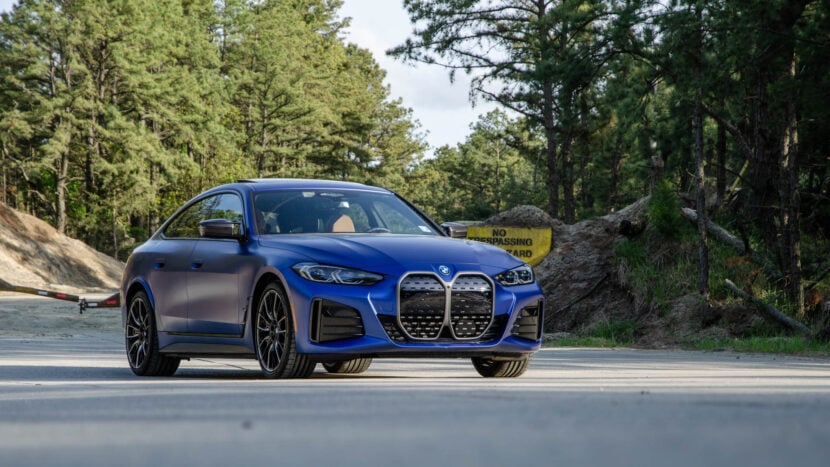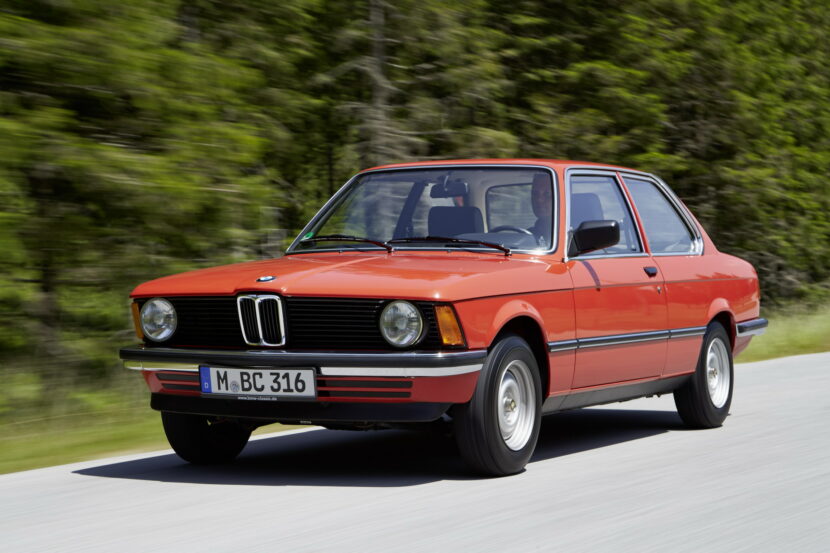For years, BMW has been the luxury sales leader in the U.S. However, that crown was just stolen—quite easily—by Tesla. According to Automotive News‘ Research and Data Center (h/t to Jalopnik), Tesla delivered 491,000 cars in the U.S., compared to 332,388 BMWs delivered. So quite the drubbing of BMW by Tesla. But what does that say about EVs, luxury cars, and what premium buyers want?
It’s an interesting thing to see Tesla outsell BMW in the ‘States, as Jalopnik pointed out that it’s the first time in nearly 25 years that an American brand led U.S. luxury sales. The Germans and Japanese have been on top of U.S. luxury sales for a very long time, so why the sudden shift?
Customers Want EVS
 Courtesy of Tesla, Inc.
Courtesy of Tesla, Inc.It’s possible that electrification is the key. According to J.D. Power’s vice president of data and analytics, Tyson Jominy: “”Not only do luxury buyers want EVs, but the one that only sells EV is now the sales leader.”
If buyers looking to spend big bucks want EVs, then it makes sense the brand that sells the most EVs is going to sell the most cars. BMW only sells two purely electric cars; the iX and i4. While both good cars, neither are particularly attractive, which can’t help BMW’s cause. Teslas aren’t beauty pageant winners either but they lack the funky front “grilles” of the Bimmers. Another advantage Tesla has is cost. The majority of Tesla sales come from the Model 3, which can be had for less than the BMW i4. Tesla also has the Model Y, a compact crossover, something that BMW doesn’t have (we mentioned several times to BMW that we believe the iX3 and iX1 would sell well here). So when you see that the premium market is looking for more EVs than ever before, it’s easy to see why Tesla outsold BMW. Tesla just offers more EVs, at more affordable prices, than BMW does.
Premium Buyers Are Changing
What does that say about premium cars? Well, I struggle to call Teslas premium. They come with premium price tags and their powertrains are impressive but there’s nothing else about a Tesla that says “premium.” Is that subjective? Perhaps. However, I challenge anyone to sit in any Tesla after sitting in a comparably priced BMW, Mercedes, Audi, Cadillac, Lexus, or Genesis and say with confidence that the Tesla on par with any of them, in terms of luxury and quality. Build quality, material quality, luxury tech, ride comfort, and refinement are all far superior in the legacy automakers. Also, while Tesla’s powertrains are impressive, so are the Mustang’s, Camaro’s Civic Type R’s, and GR Corolla’s. Are those premium cars? No. Awesome cars but not premium ones.
However, that sort of proves the previous point about electrification: customers seem to be willing to spend luxury car money on cars that aren’t as luxurious because they’re electric. Which is fascinating. There’s clearly a shift in what premium buyers want and traditional luxury might not be it anymore and they might be quickly falling behind the times.
It’s worth noting that there might be some home field advantage going on. BMW still crushed Tesla globally, as did almost every other premium brand. Tesla did better than ever globally, selling over 1.3 million cars. However, BMW sold over 2.1 million cars in 2022. So as well as Tesla did in the U.S., that was really the only market in which Tesla performed particularly well. So there could be some Musk team homerism going on here in the ‘States. Still, the U.S. is one of BMW’s biggest markets, so losing the sales race to Tesla has to sting. Hopefully BMW will come to realize that we need more of its EVs, such as the iX1 and upcoming iX2, if it wants to compete with Tesla.
Of course, starting in 2025, BMW will revamp their EV lineup so that might tilt the balance. There are plenty of BMW electric cars to be excited about in the future, but for now, Tesla still seems to lead the pack in the America’s EV revolution.






































































